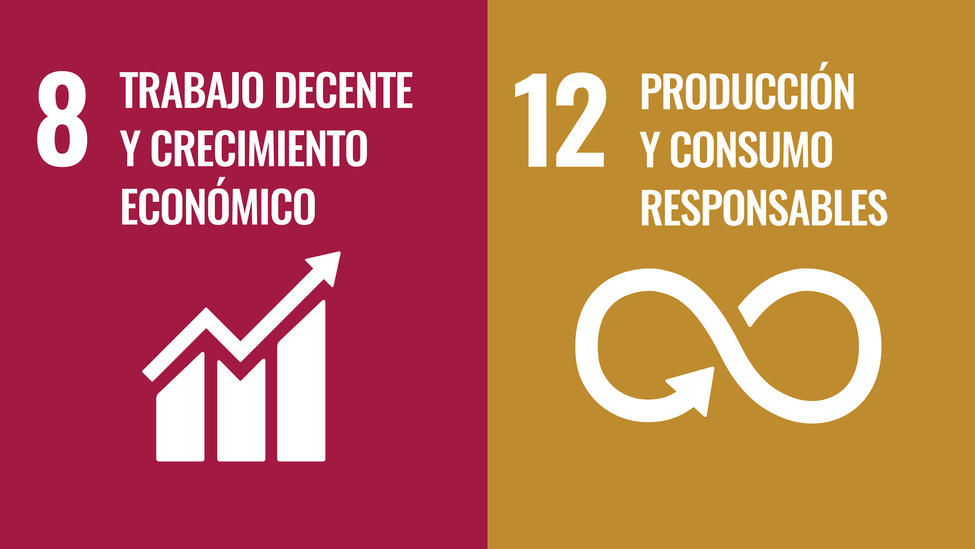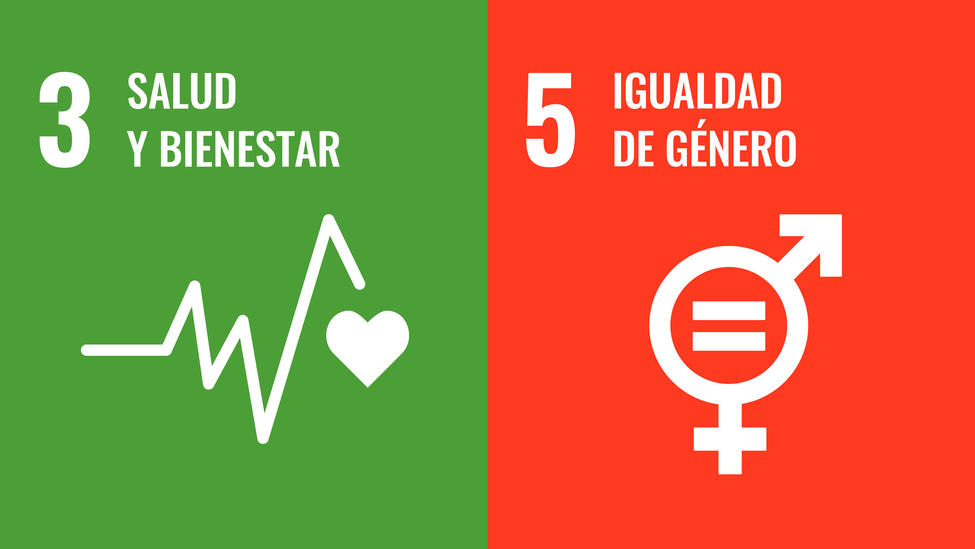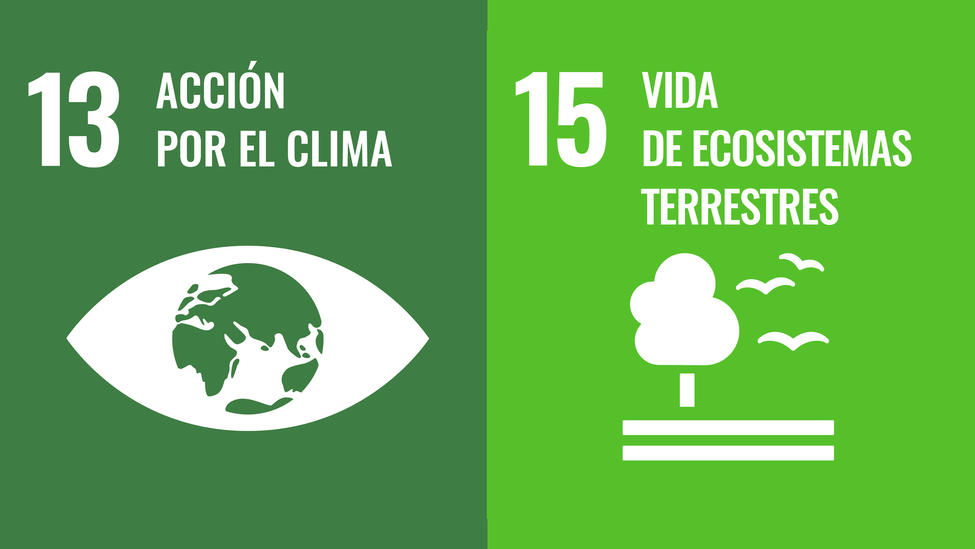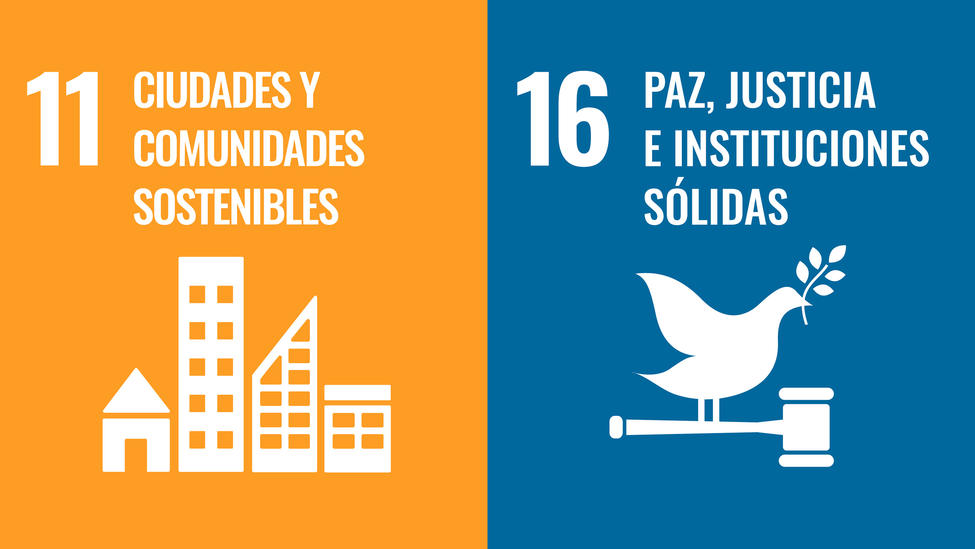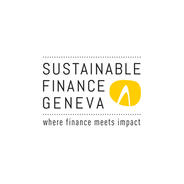The ESG rating applied to company securities, stocks or bonds is a familiar term to responsible investors today. For several decades, rating agencies specialising in extra-financial evaluation have been generating ratings like these using their own approaches and methodologies. The primary objective of such ratings consists of summarising the company’s overall ability to face the key challenges of sustainability as it relates to three areas: the environment, society and governance. Despite ongoing debates on the quality of ESG data and significant discrepancies between different ratings for a single company, the idea of incorporating ESG criteria when evaluating a company has become entrenched. This extra-financial rating has gradually been extended to other important asset classes, including bonds issued by sovereign entities, whether they are governments in “developed” or “emerging” countries. The pandemic, together with the effects of climate change, had an explosive effect on sovereign debt, which reached USD 65.4 trillion in 2021, according to the Janus Henderson Sovereign Debt Index. Beyond a shared desire to prevent ESG risk, the comparison between analyses of sustainability in companies and sovereign entities is quick to end, essentially as a result of their vastly different natures.
Navegación
Cerrar

